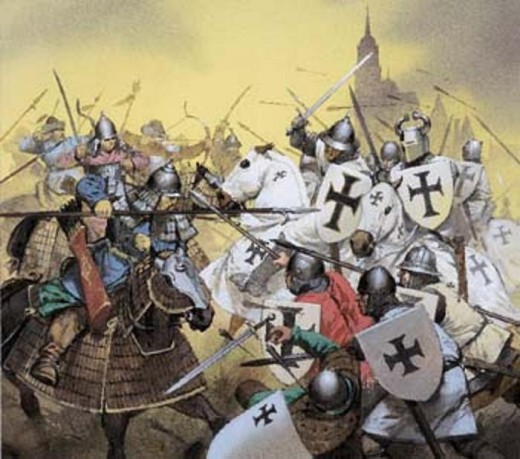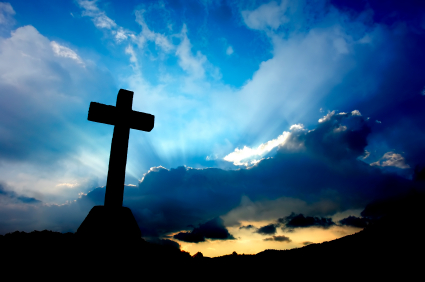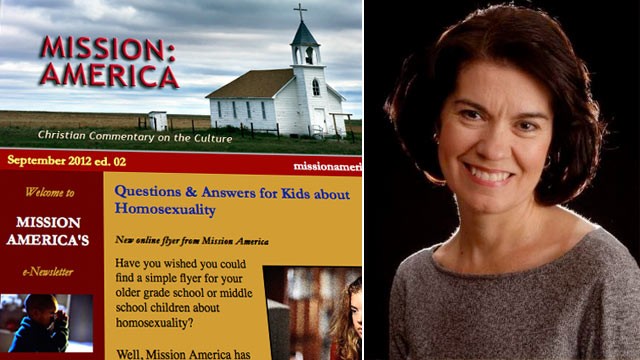Recent beheadings at the hands of ISIS have caused a spike in news-show rhetoric about the need to profile those who look like Muslims as a way to stop terrorists. My Facebook feed is frequently overrun with talk about how Islam is a savage and evil religion.
We’re doing what we do best when scared: painting entire groups and faiths with the same bigoted brush.
Mood music:
I understand the anger.
I absolutely loathe ISIS. Every time I see footage of innocents beheaded, I want to throw up. I felt the same way when watching the violence committed by insurgents in Iraq a decade ago. I have no stomach for murder. When it’s done in the name of religion, it makes me feel worse.
I won’t lie to you: When seeing this violence, my imagination has run wild with thoughts about how great it would be to wipe out these bastards with nuclear weapons. I’ve thought about how fitting it would be to see these guys getting their heads cut off. In that regard, I’m not much better than the people who litter my news feeds with hate and cries of vengeance.
But when I reflect some more, I always come back to a stubborn fact — evil exists in all religions.
Related posts:
Jesus Has My Back
My Name is Bill, and I’m With The Religious Left
“Why Are You Religious?”
I’m a Catholic whose faith was shaken by the news of widespread sexual abuse at the hands of priests. It’s also hard to understand the blood spilled in the name of Christianity in places like Northern Ireland. Christians have done terrible things in the name of Christianity since the beginning. The Crusades are but one example.
What I always come back to is this: Non-organized religions breed evil. So do individuals. Organized religion breeds evil, too.
I consider myself faithful in the belief that Jesus Christ is my savior — the guiding hand through the minefield set by my personal demons. If that makes you uncomfortable, so be it. I see it as a personal relationship. The problems begin when people make it about more than that and attach politics to the mix.
I don’t buy into the rhetoric of organized Christian denominations that invites hatred of gays and others who don’t follow doctrine to the letter. That malarky is the seed that leads to violence against homosexuals. As a Catholic, I do have high hopes that Pope Francis is going to move us away from that. This statement is especially telling.
Most people follow their faith, be it Islam, Christianity, Judaism, what have you, peacefully. They don’t turn it into a political vehicle or a militaristic recruitment drive. I’ve met a lot of people of different faiths in my travels. In talking with them, a shared distaste for religious extremism always comes to the surface.
If we stopped blaming entire faiths for the evil acts of a few, we might actually get somewhere as human beings.
 Source: SodaHead
Source: SodaHead



